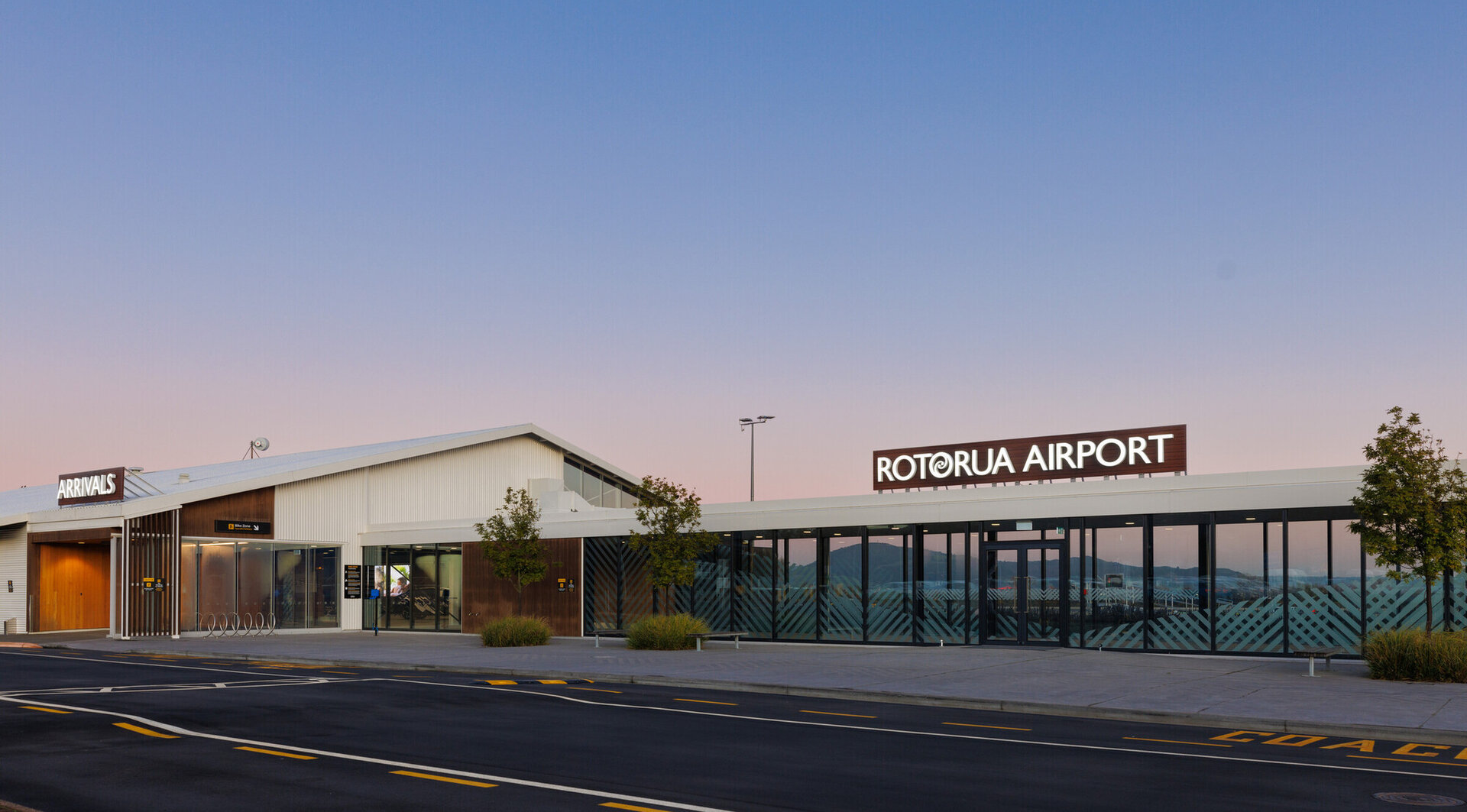Rotorua Airport submission on Civil Aviation Bill
RRA’s comprehensive submission on the Civil Aviation Bill covers a number of concerns; in the interest of brevity this summary focuses on the three key points outlined below.
Repeal of section 4A of the Airport Authorities Act 1996 (AAA) Section 4A recognises the challenges airports may have in negotiating and agreeing charges with airlines. Currently, following consultation, airports are able to set charges as they see fit. This process is understood by all parties and works well in practice.
RRA believes that the intent and purpose to amend clause 231 of section 4A, by removing “as they from time to time see fit” is unclear, as are the proposed benefits of the removal.
Airlines are supportive of this change, expressing that this section gives airports excessive market power and monopolistic pricing (though this concern is focussed on larger international airports). For provincial airports, we are at the whim of airlines, with no real power without section 4A.
Provincial airports are essential infrastructure that operate under financial constraints and do not have the same access to financial resources when compared to airlines.
RRA has strongly urged the retention of this wording, or recognition that the market dynamics and statutory basis in which provincial airports operate is significantly different to the larger international airports. RRA also wants the retention of the full discretion to set charges as seen fit for provincial and/or CCO operated airports.
Registration regime The Bill proposes a licencing and registration regime which includes the requirement to implement (and consult on) capital developments and spatial plans. This is to provide certainty to airports about government strategic objectives and enable space for government agencies within airports.
The registration regime appears far more onerous and unnecessary when, in reality, the Director can ensure space for the government by imposing conditions on the operator certificate.
Further to this, for regional airports, in which no security services are currently required, it is possible that no relevant agency will require space, thereby meaning that there is no requirement to register as an airport operator.
It is RRA’s view that the current certification process is sufficient. RRA see no justification for the Secretary to be able to cancel, suspend or refuse registration on any grounds other than safety and security concerns.
Security provisions and tier 2 rules The Bill proposes to enable the Minister to designate the security classification of aerodromes.
While RRA does not oppose additional powers being granted to the Minister, these need to be fit-for-purpose, result in meaningful improvements, and be exercised with regard to appropriate criteria, alongside accountability mechanisms.
RAA is deeply concerned that the Minister and Secretary will obtain greater statutory powers to dictate and control the operations of airports, without any genuine limitation on the exercise of those powers.
There is seemingly no criteria for the making of designation decisions, and there are no proposed rules applying to each tier being consulted upon. It is also unclear who will be required to pay for the additional security costs.
We request that further criteria be adopted and included to provide greater certainty for affected airports, together with transitional periods being allowed.


